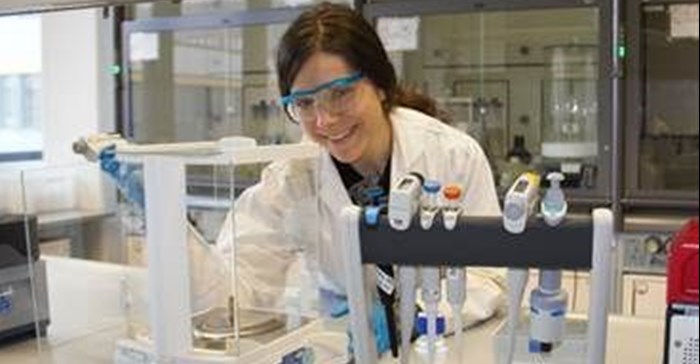
“One of the most dangerous mistakes to make in a lab is to incorrectly store hazardous materials. Every chemical requires specific storage conditions in terms of temperature, light and ventilation, and overlooking correct storage of these materials can cause a dangerous accident,” she says. “People working in chemistry labs are in continuous contact with hazardous substances that could produce physical risks like explosions, health risks like toxicity, and environmental risks. It is very important to know the hazards associated with these substances and how to handle them properly.”
In addition, simple mistakes such as incorrect labelling of aliquots or samples can create confusion and cause accidents, she says.
Montero notes that in addition to increasing risk, simple mistakes could derail extensive work. “Important mistakes that can occur are related to the organisation of the lab. For example, the availability of the materials (chemicals, glass material, pipettes and tips) and their order in the lab is crucial to optimise working time. The best solution for the optimal availability is to organise the material by a logical distribution or classification, depending on the drawers and cabinets and the needs of the lab. Using signs or labels to identify the material that is inside of the cabinet or the drawers is very useful, to indicate if the contained material should be specifically used for certain experiments.”
Montero says that in the case of new experiments, it is important to approach the whole task with caution, first researching published articles and scientific data, reviewing the potential risks of chemicals to be used and ensuring a clear understanding of any instruments that have not been used before.
Other common lab errors include not knowing rules specific to the lab one is working in, not having an adequate lab notebook to note every step carried out in an experiment or workflow; or neglecting proper maintenance of large instruments and calibration of measurement instruments such as pipettes, balances and pH-meters.
“People who work daily in the lab should know the rules and procedures, but knowing the rules does not mean they always remember to put them into practice,” she says. “It is very common to neglect proper procedures amid the routine of the experiments, and the stress and hurry to obtain results.”
Ongoing refresher courses on how to work in a lab are important, to share advice on how to properly work in the lab, focusing in particular on the routine but important tasks that all of us do daily, like the adequate use of gloves, pipetting, balances, foam hoods or personal care, with the main objective of maintaining the best lab environment, she notes.
“Following this practical advice, some errors will be avoided, and besides these practices can contribute to the achievement of better results in terms of quality and reproducibility.”
“Sometimes, we think that safety only affects ourselves, but we also have to consider the health and safety of everyone else working in the lab, and the results of our work.”
Montero will hold a practice-orientated seminar for laboratory users at analytica Lab Africa, the trade fair for laboratory technology, analysis, biotechnology and diagnostics, to be presented by Messe Muenchen at the Gallagher Convention Centre from July 9-11, 2019.